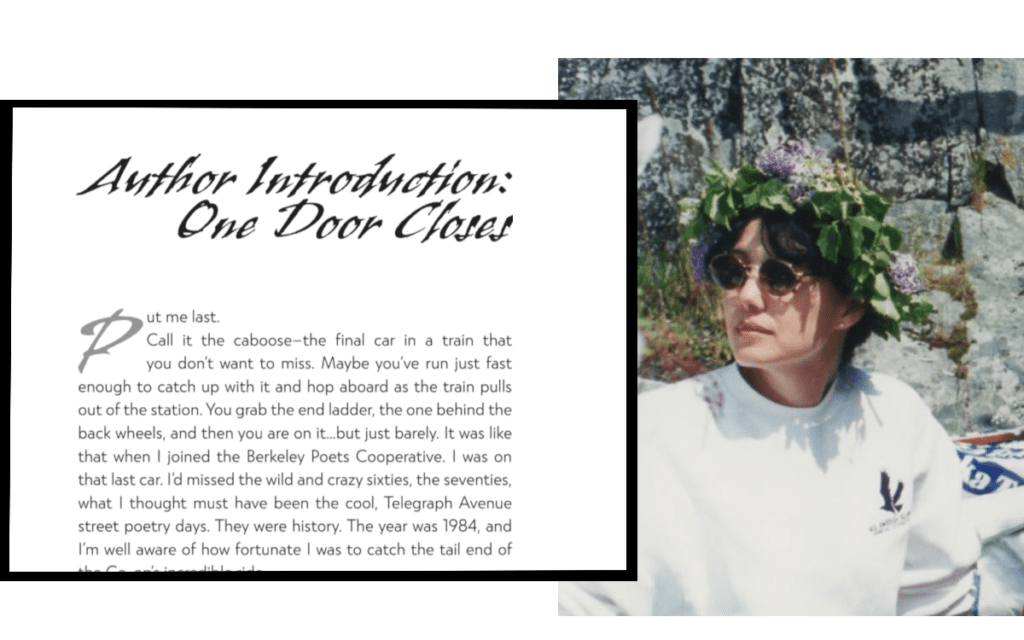Elizabeth Hazen Shares Her Tsundoku (Poetry books to Read)
In a new blog post, Elizabeth Hazen shares her tsundoku. Tsundoku is a Japanese word meaning "Acquiring reading materials but letting them pile up in one's home without reading them."

For Christmas, which seems like three lifetimes ago, my parents gave my husband a book of interesting words from around the world*. An engineer who has a soft spot for spoonerisms, puns, and wordplay in every form, he found instant delight in this book. Did you know that Germans have a word for the weight we gain from stress-eating? Kummerspeck. Or that the Scots have a word for that awkward pause when you’ve forgotten the name of the person you’re introducing? Tartle. Among my favorites are the whimsical Swedish smultronställe, a place of wild strawberries; the romantic Italian dormiveglia, the space between sleeping and waking; and the essential Japanese tsundoku, that pile of unread books on my bedside table that grows with each passing month.
Needless to say, I took that book of words from my husband, adding one more to my stack...
See Literature Happening! August Readings, Workshops & More
ASP Has some awesome events coming up to heat up (figuratively) your August literary schedule. Come out and support the Indies and Human Rights!
Linda Watanabe McFerrin Breaks Down the Art of the Book Introduction
Linda Watanabe McFerrin breaks down the components of the introduction and explains its function in her newest book, “Navigating the Divide.”
Grace Cavalieri Reviews Navigating the Divide
Maryland Poet Laureate, Grace Cavalieri, reviews the newest book from author Linda Watanabe McFerrin.


